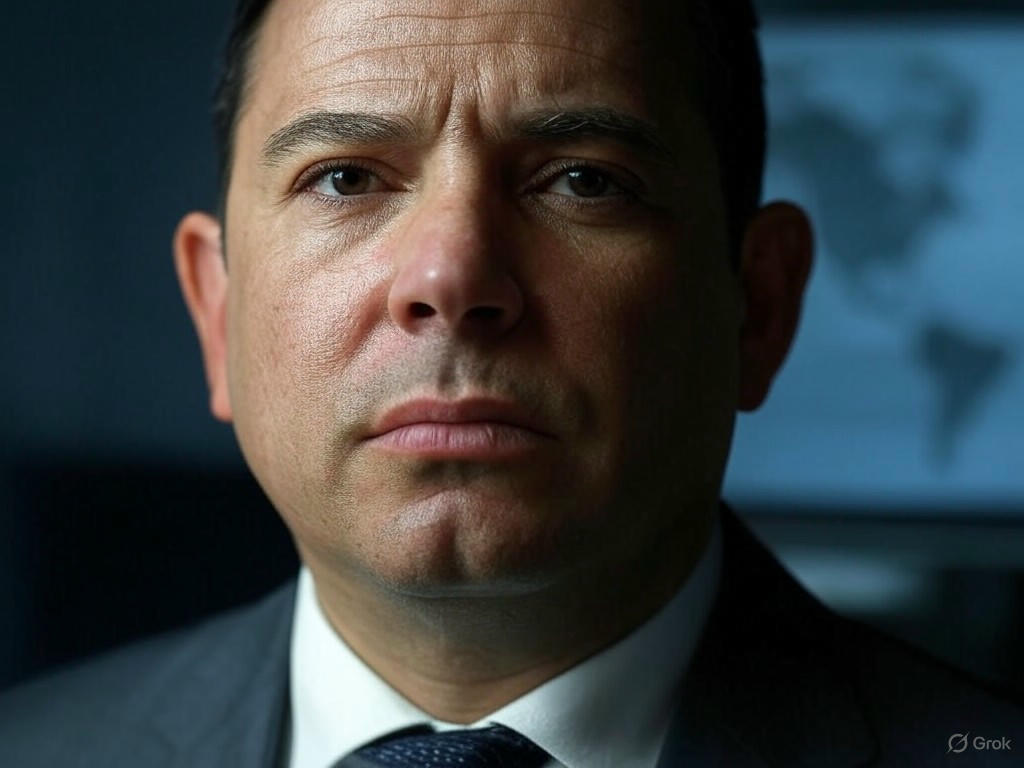Geopolitical Tensions Shake Global Markets: Israel-Iran Conflict Sparks Investor Uncertainty
In a world already grappling with economic volatility, the escalating tensions between Israel and Iran have added a new layer of uncertainty for global investors. The potential for military conflict in the Middle East, particularly involving major powers like the United States, has left financial markets teetering on the edge. As news of the intensifying situation unfolds, stock indices have shown erratic behavior, with sharp declines followed by cautious recoveries, reflecting the unease permeating trading floors worldwide.
The core of the concern lies in the ambiguity surrounding the U.S. response to the growing friction between Israel and Iran. Analysts are closely monitoring diplomatic channels for any indication of whether military action might be on the horizon. Such a development could have far-reaching implications, not only for regional stability but also for key economic drivers like oil prices. The Middle East remains a critical hub for global energy supplies, and any disruption could send crude oil costs soaring, further fueling inflation and straining economies already burdened by post-pandemic recovery challenges. Investors, wary of these ripple effects, are adopting a wait-and-see approach, with many shifting toward safer assets like gold and government bonds until the geopolitical fog clears.
Beyond the immediate fear of rising energy costs, the broader impact on international trade and supply chains cannot be ignored. A conflict in this volatile region could disrupt shipping routes, particularly through strategic chokepoints like the Strait of Hormuz, through which a significant portion of the world’s oil passes. Businesses reliant on these corridors are bracing for potential delays and increased costs, which could ultimately trickle down to consumers. Moreover, the uncertainty is dampening corporate confidence, with some firms delaying expansion plans or capital investments until a clearer picture emerges. This hesitancy is evident in the tech and manufacturing sectors, where jittery markets have led to reduced risk-taking and a slowdown in merger and acquisition activities.
For now, financial experts urge caution, advising investors to diversify portfolios and avoid knee-jerk reactions to daily headlines. While the situation remains fluid, historical patterns suggest that markets often overreact to geopolitical flare-ups in the short term, only to stabilize once concrete outcomes are known. Some market watchers even see a silver lining, noting that periods of uncertainty can create buying opportunities for those with a long-term perspective, particularly in undervalued sectors.
As the world watches the Israel-Iran saga unfold, the message to investors is clear: brace for turbulence but stay informed. The interplay between politics and economics has rarely been more pronounced, and while the current climate may feel unsteady, adaptability and patience could be the key to navigating these choppy waters. Until definitive actions or resolutions emerge, the global financial landscape will likely remain a reflection of the broader geopolitical chessboard, where every move counts.


